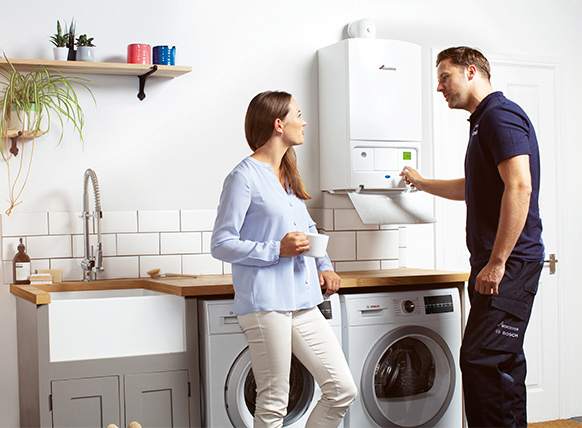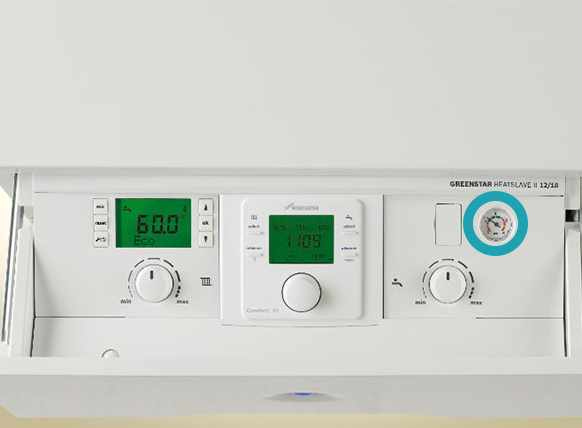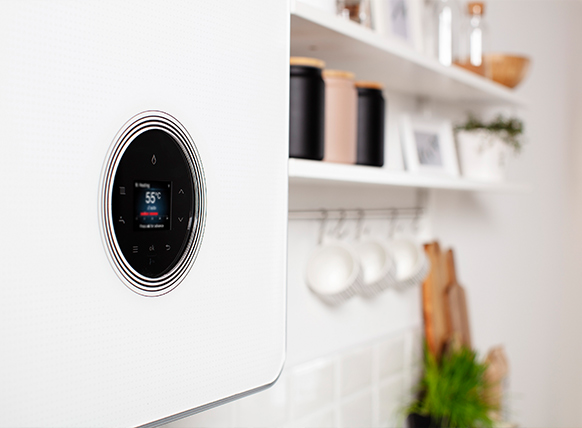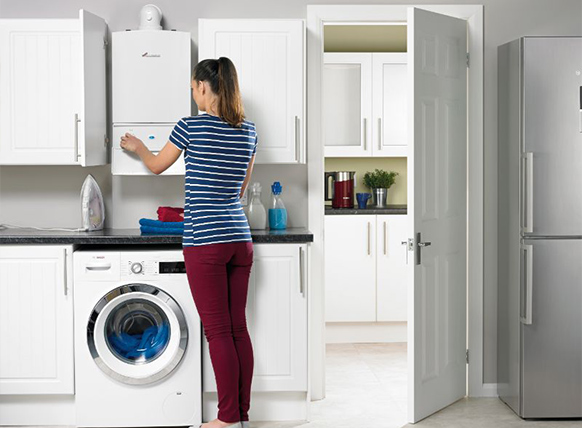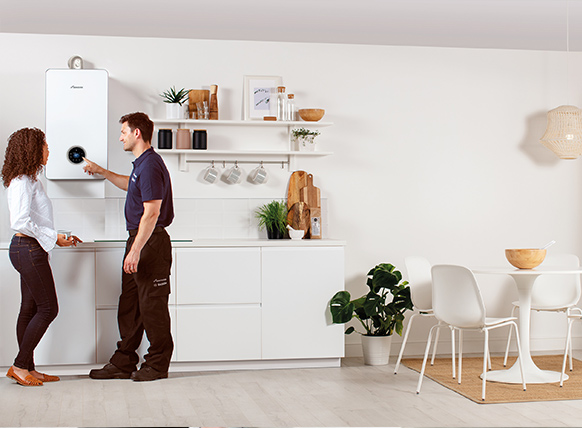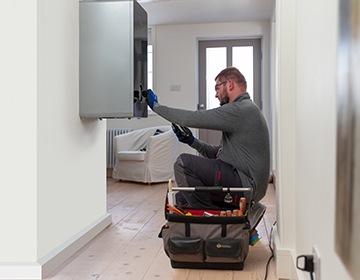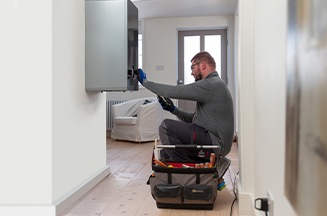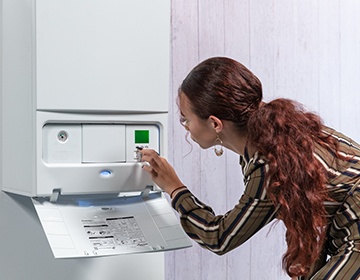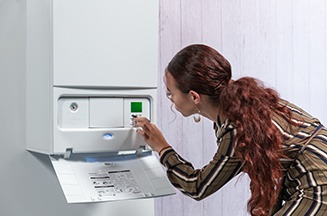High boiler pressure is inefficient but rarely dangerous, as most new boilers have a safety feature known as the ‘pressure relief valve’ that shuts down the boiler when pressure is too high to prevent further pressure from building up.
However, if the pressure relief valve itself is faulty or broken then we’d strongly recommend you call a Gas Safe engineer. For example, if the valve becomes clogged, pressure will build up and could potentially risk a boiler explosion. More commonly, the system could become over-pressurised and break down, leaving you with an expensive repair job or the cost of a new boiler altogether. There are three signs that your pressure relief valve is faulty or broken:
- Your boiler system fails to reach pressure and could have been set to the incorrect pressure
- Your system is above the correct pressure and your pressure relief valves have not released
- The pressure relief valve has a leak and is not showing any pressure at all
If boiler pressure fixes you carry out yourself don’t work, such as checking the filling loop valves or bleeding the radiators, or if you spot any of the signs above that your pressure relief valve is faulty, it’s best to call a Gas Safe engineer to check the problem.



